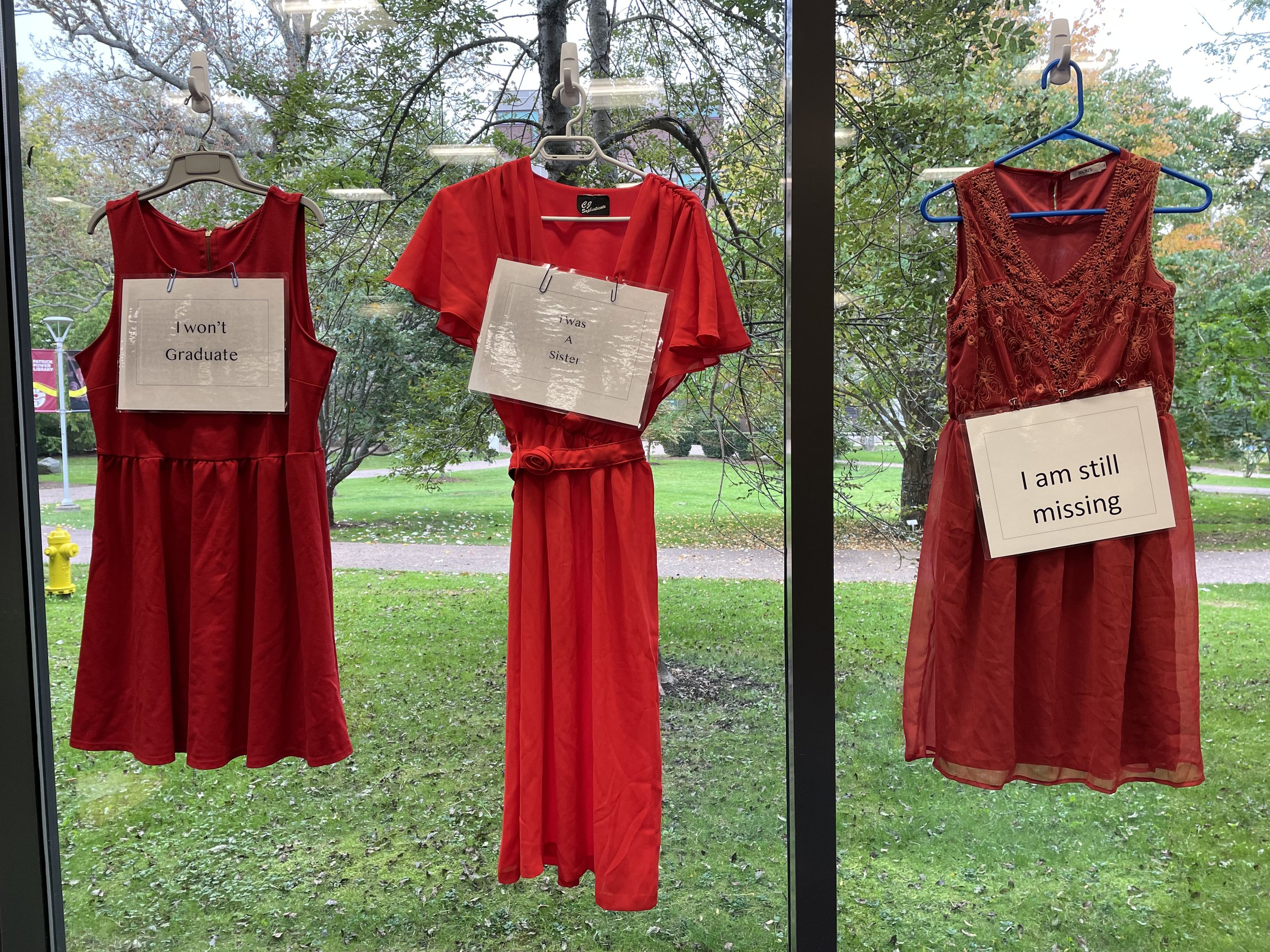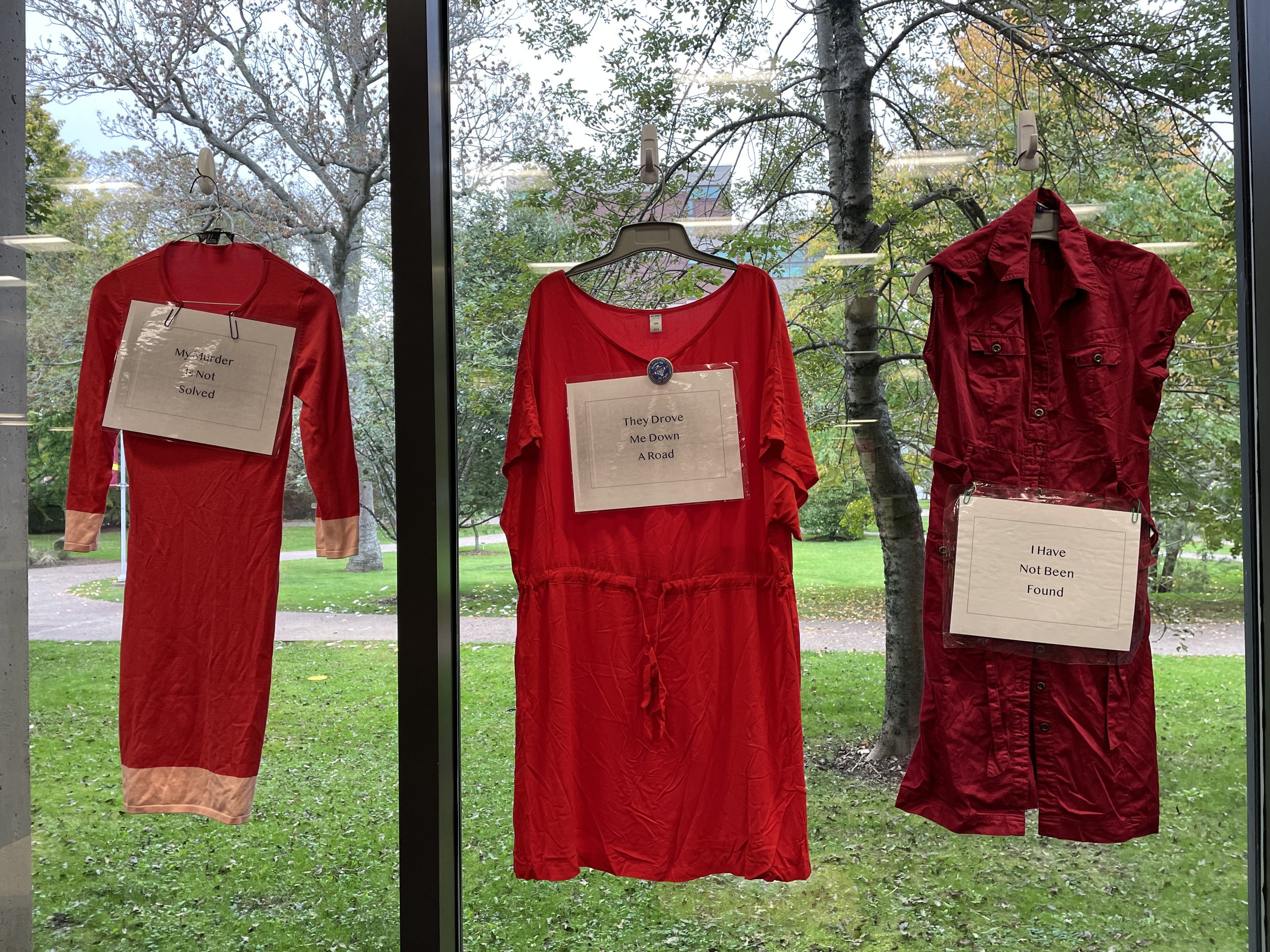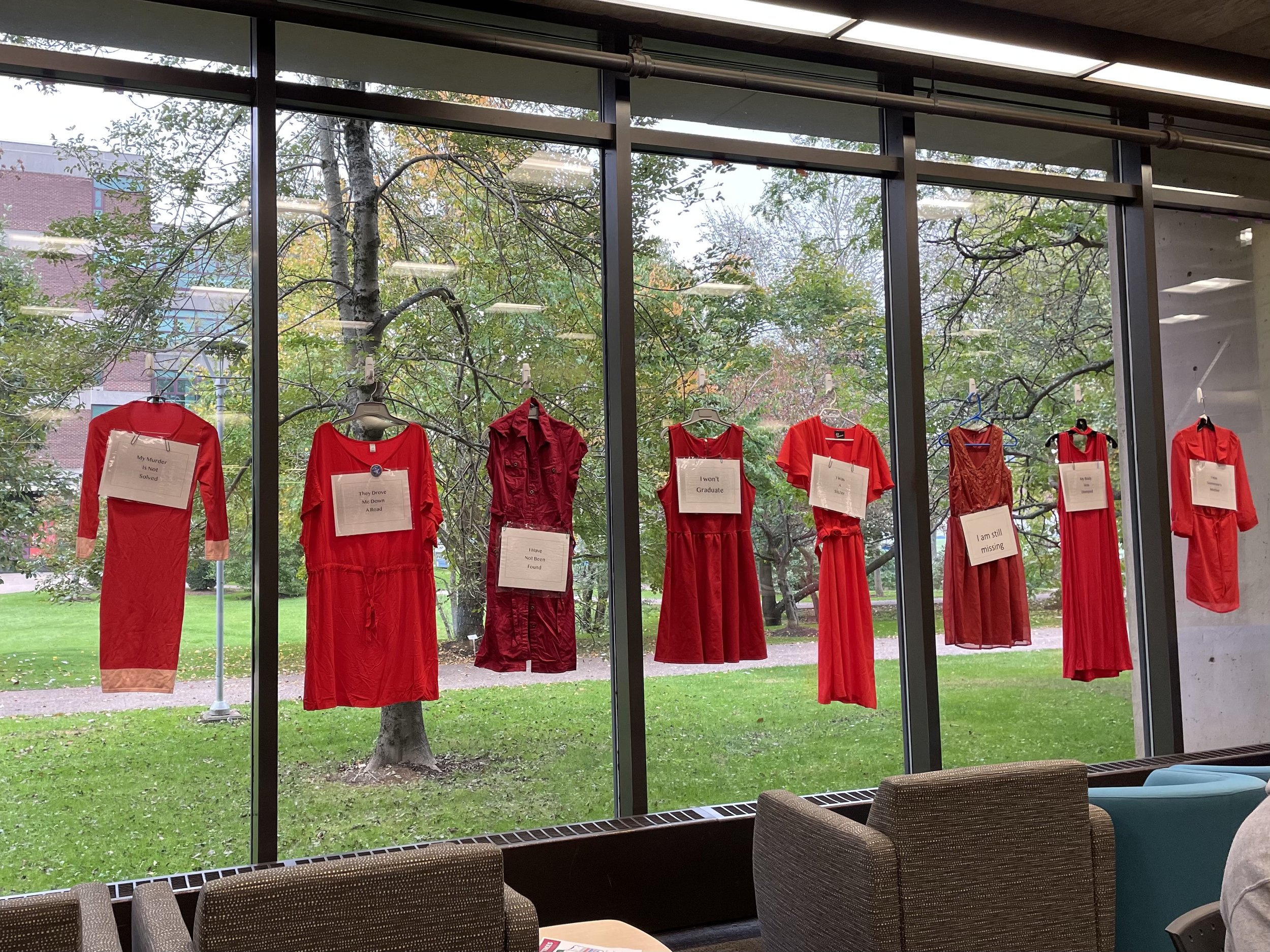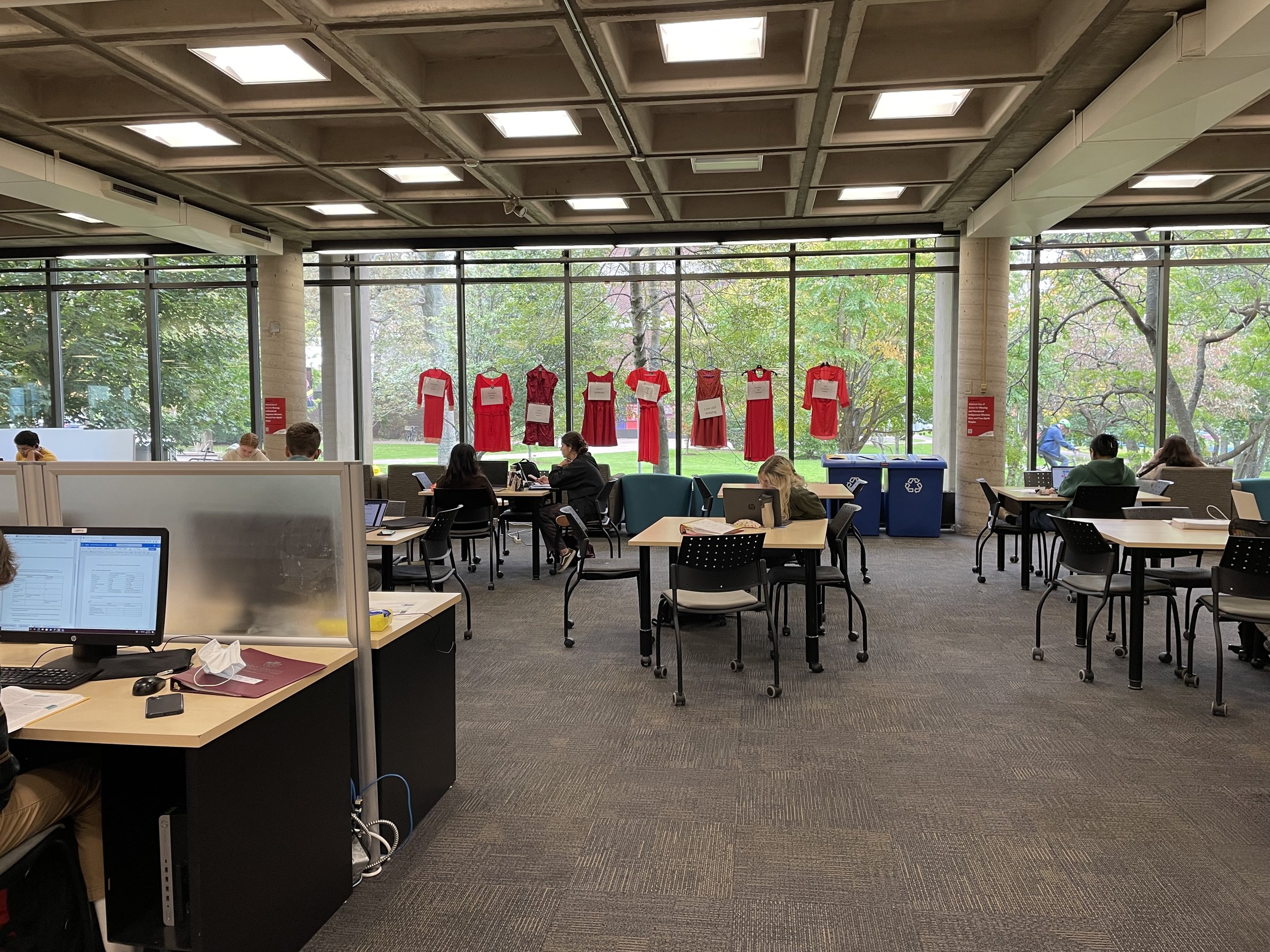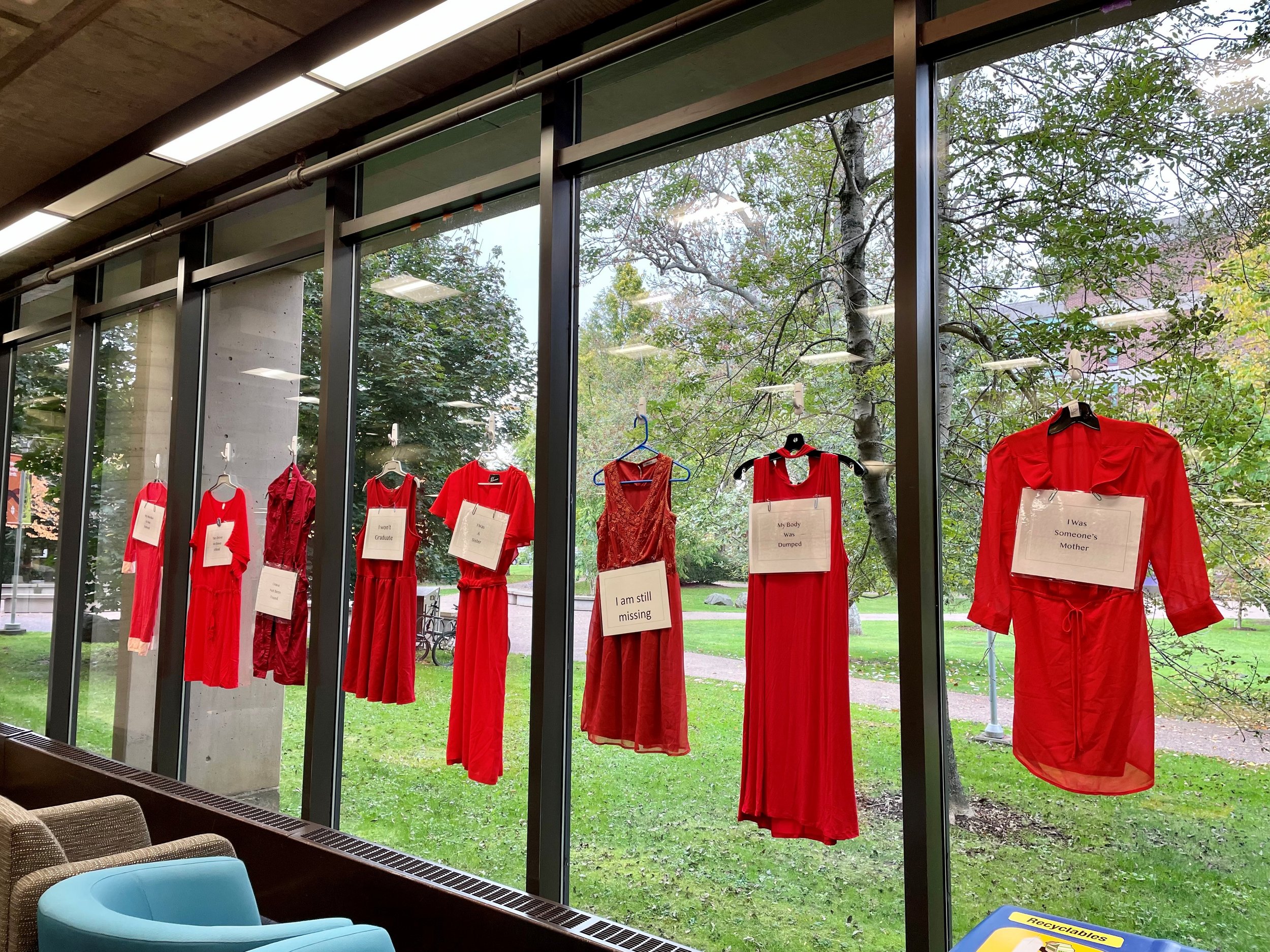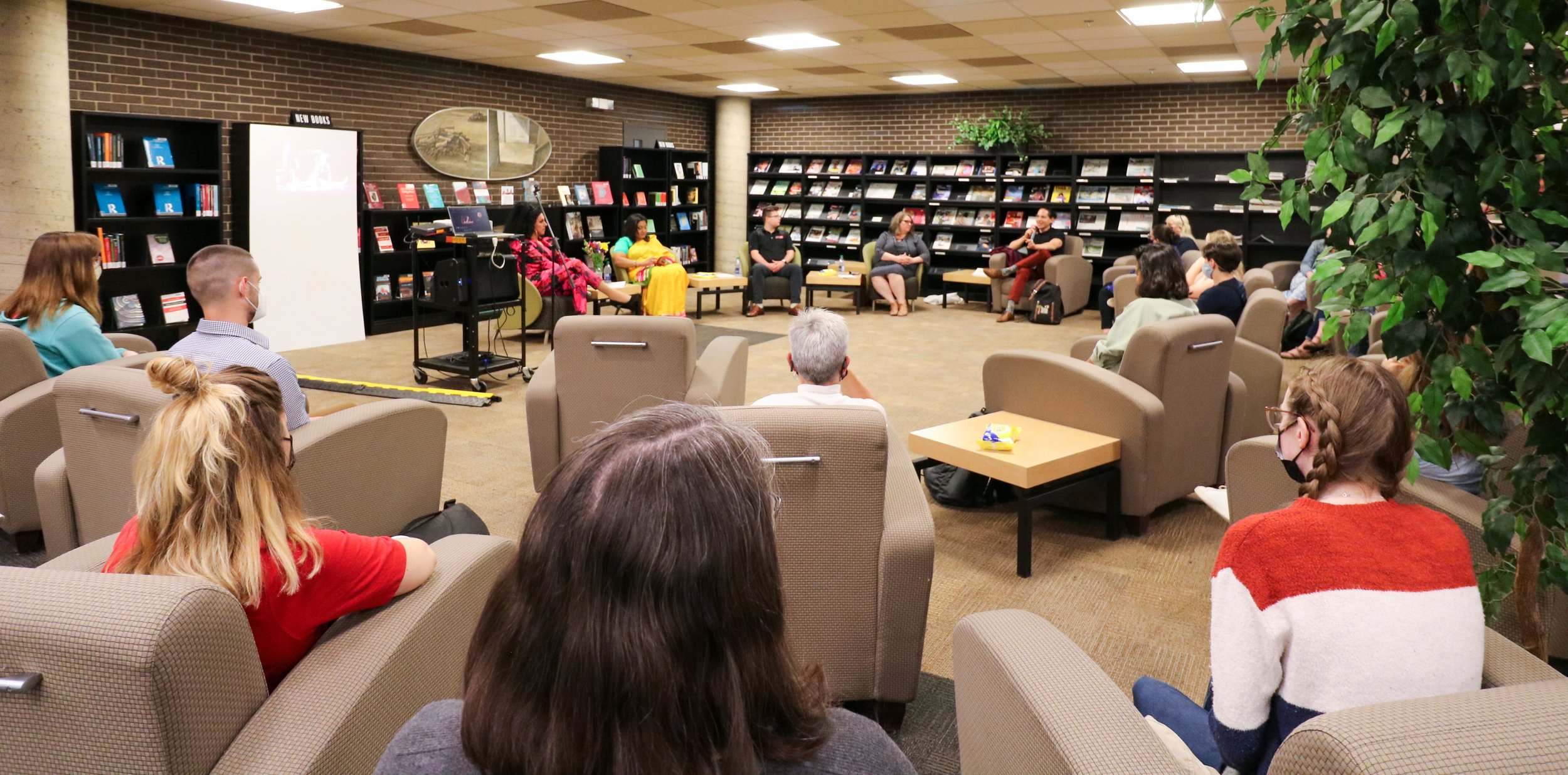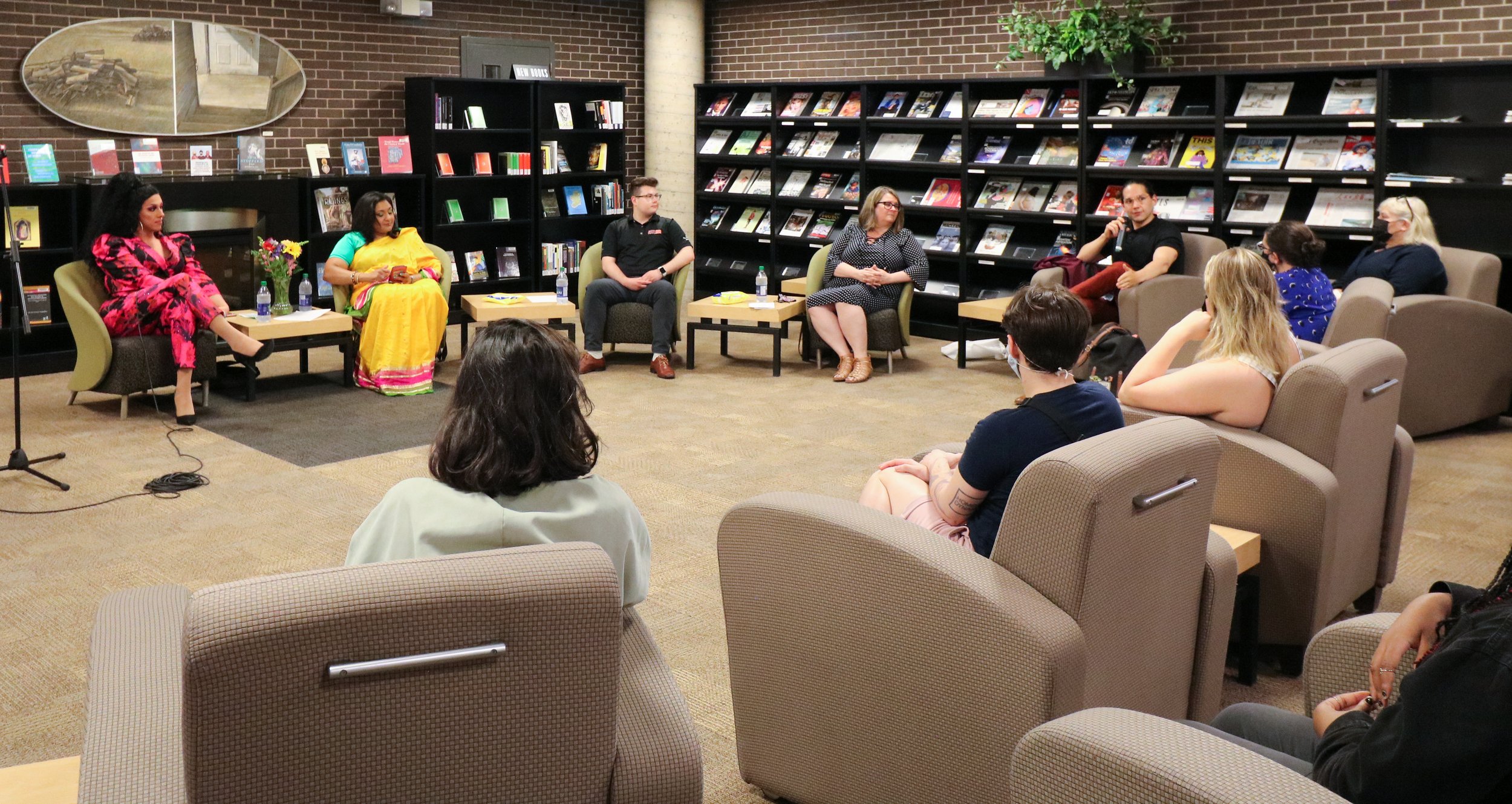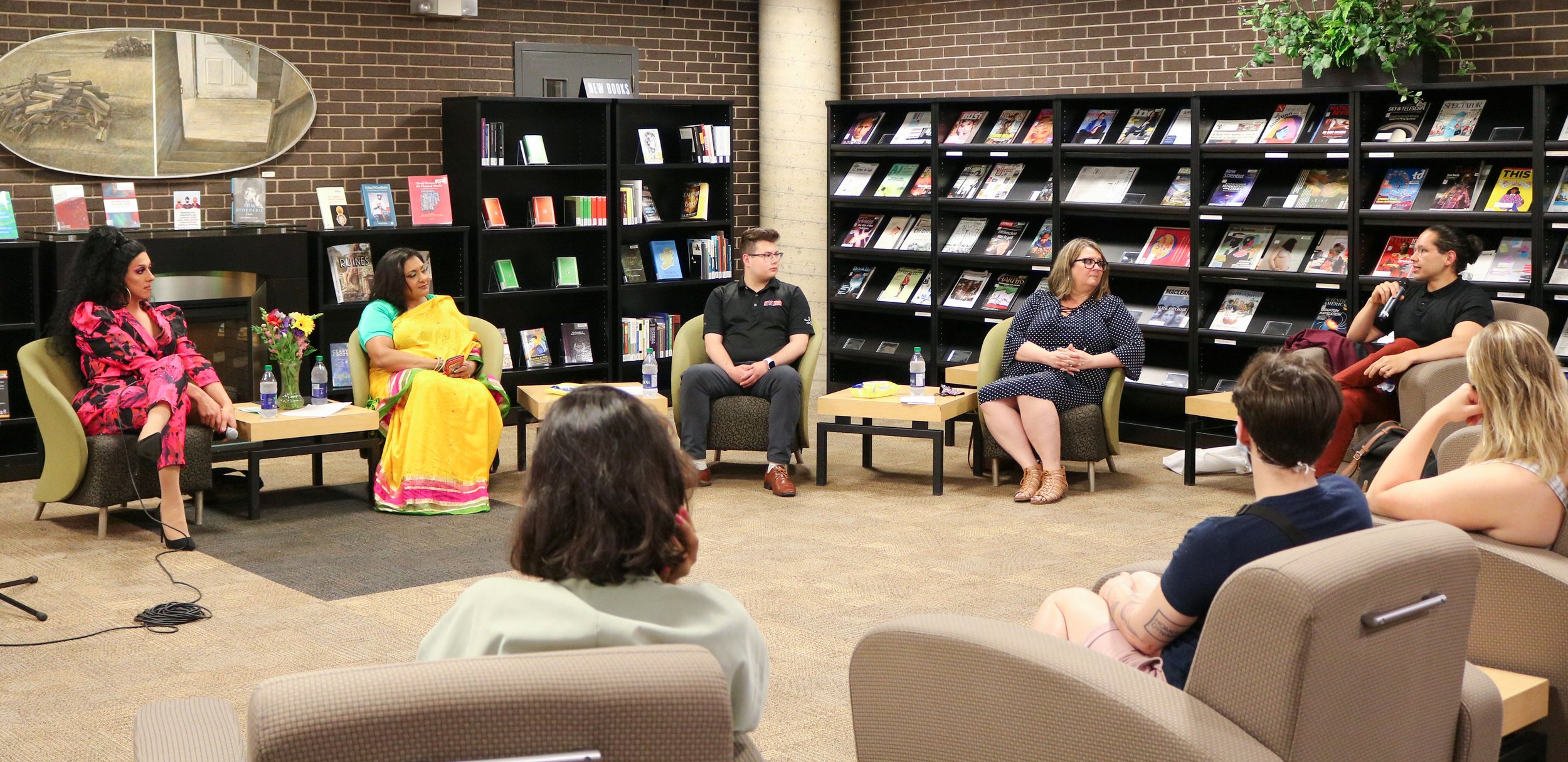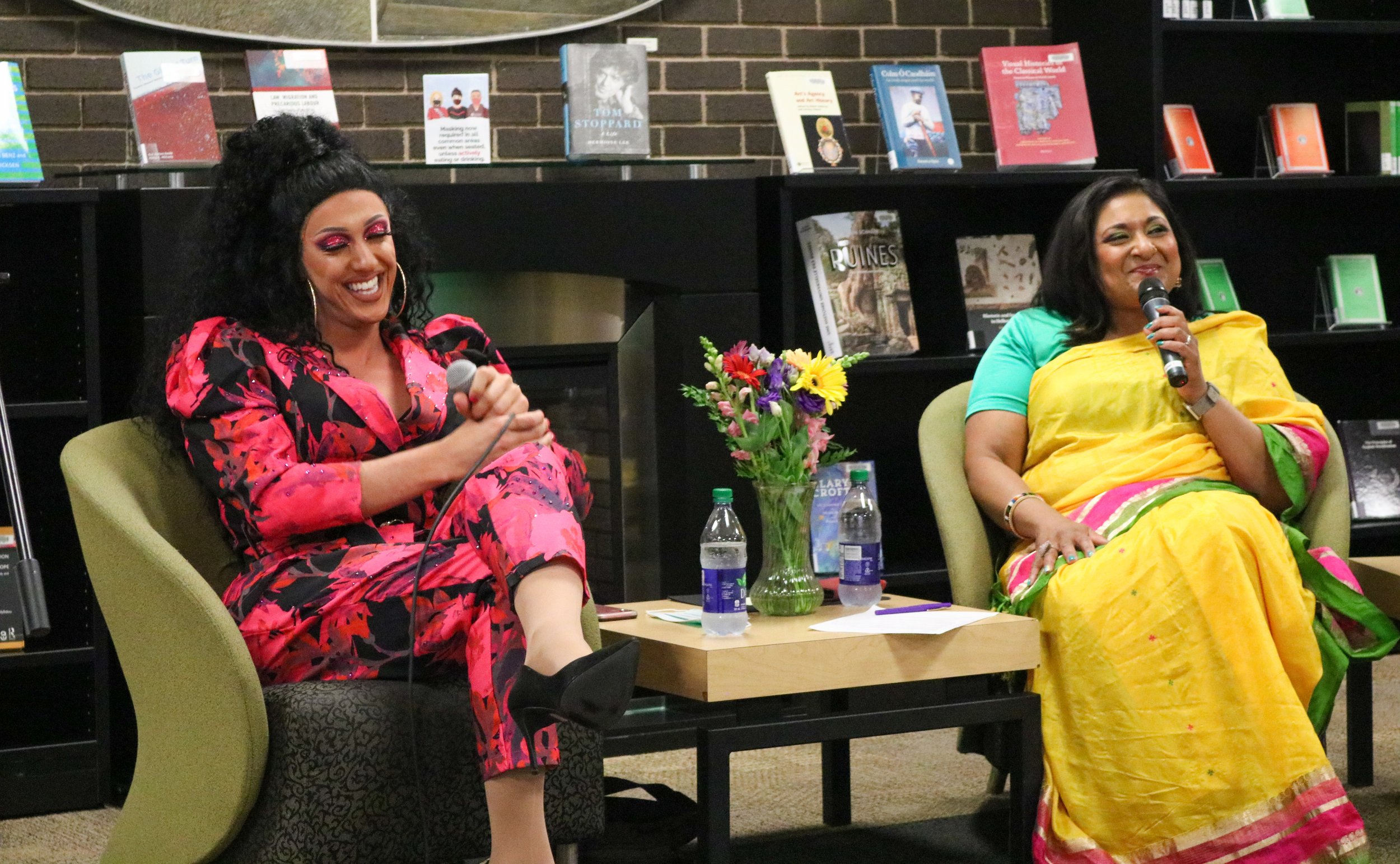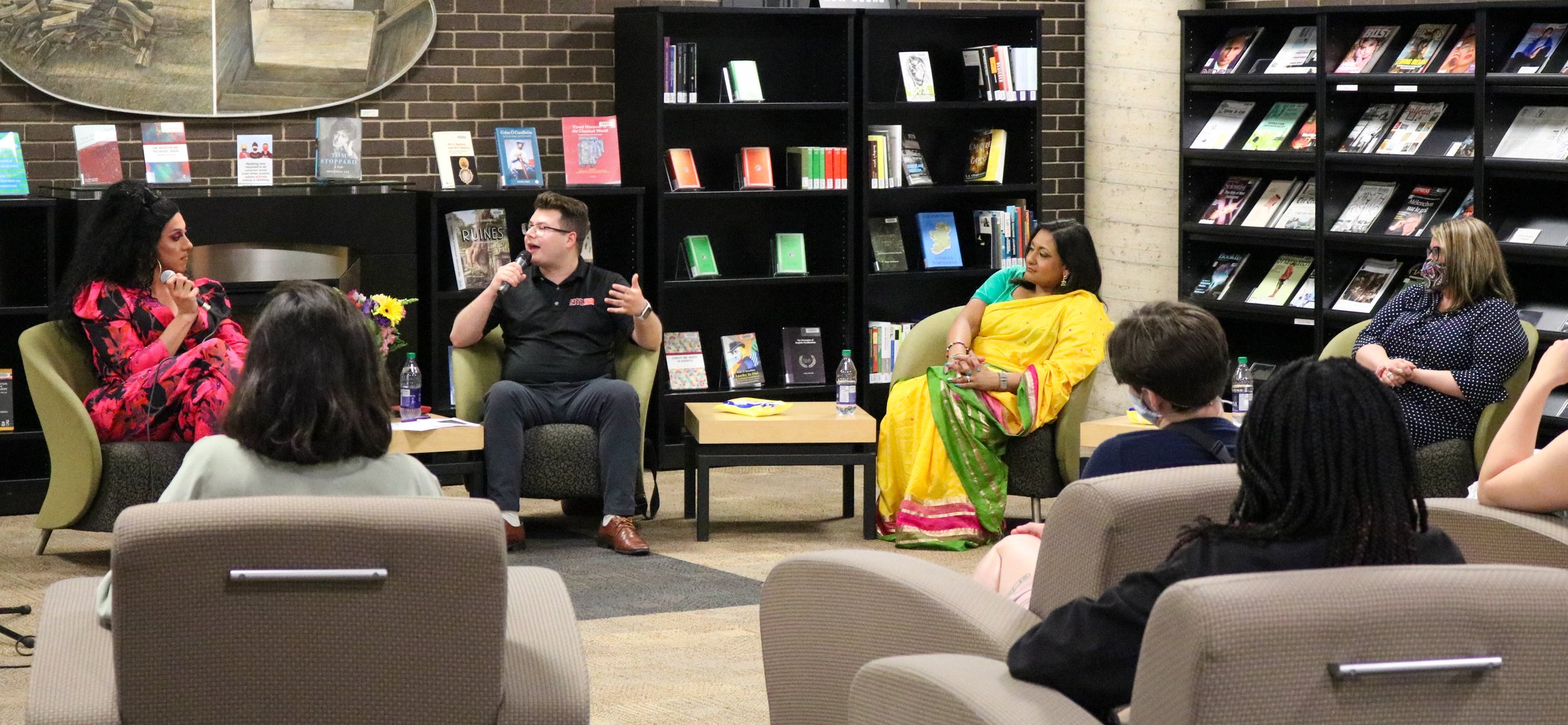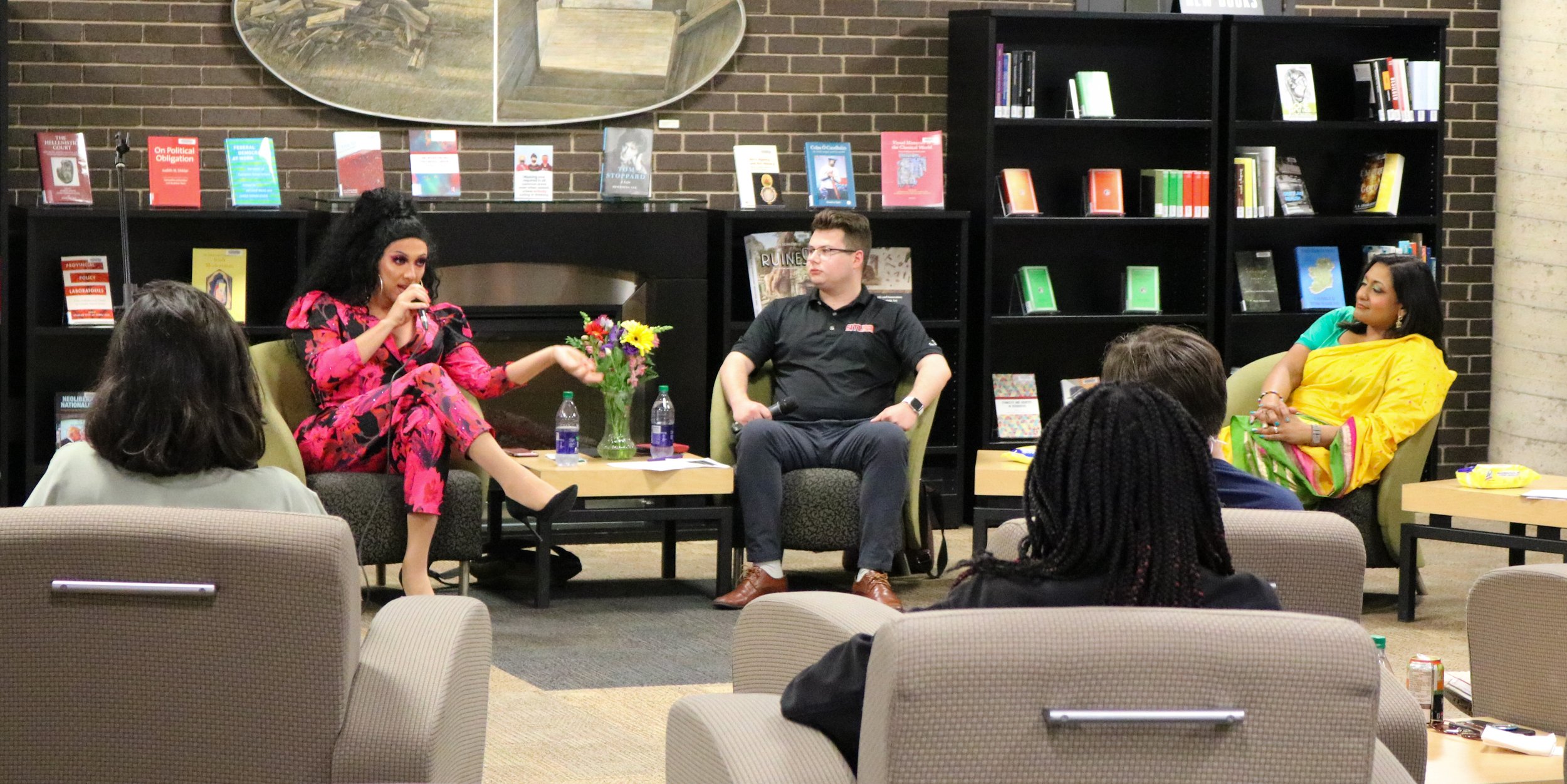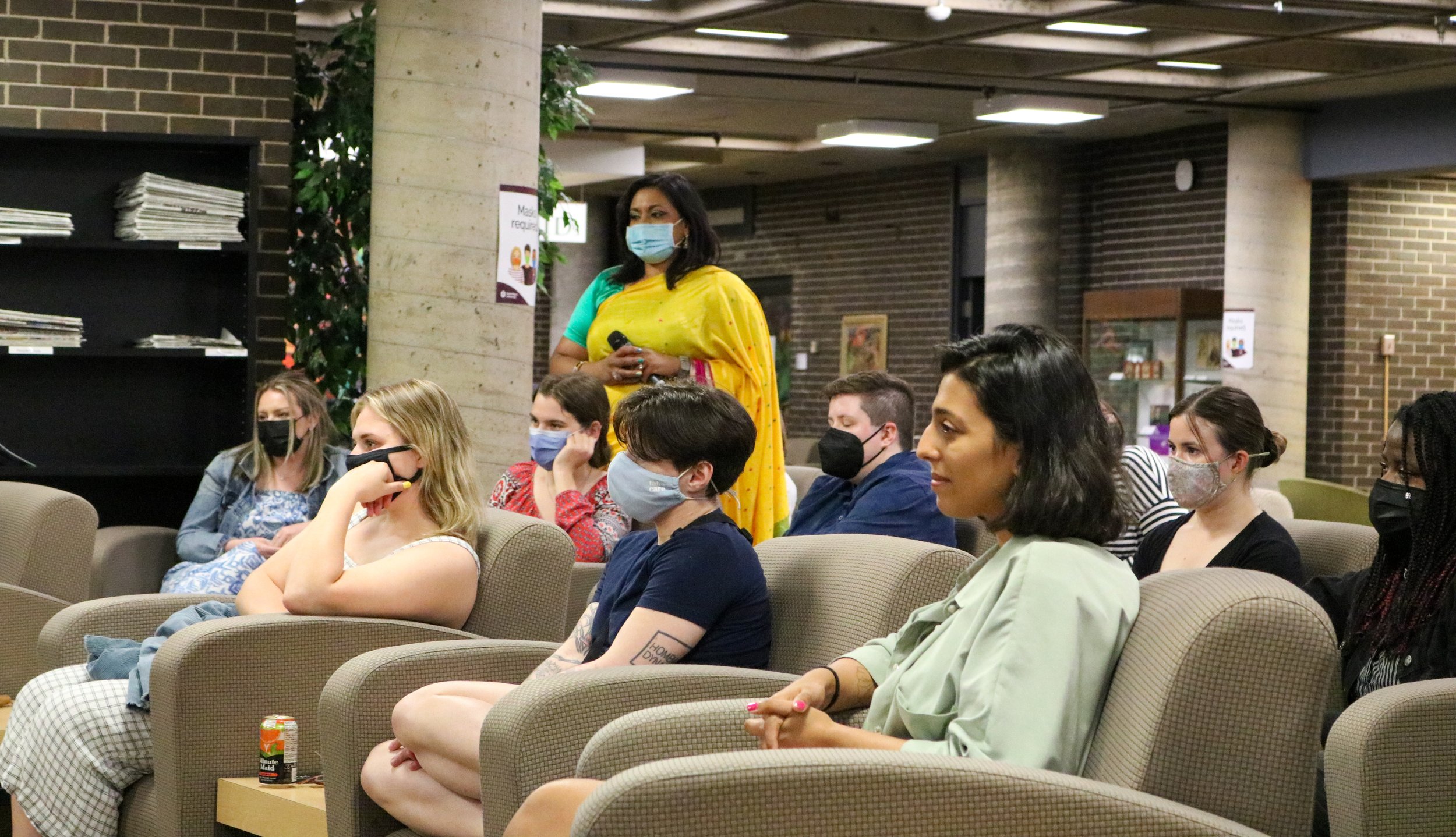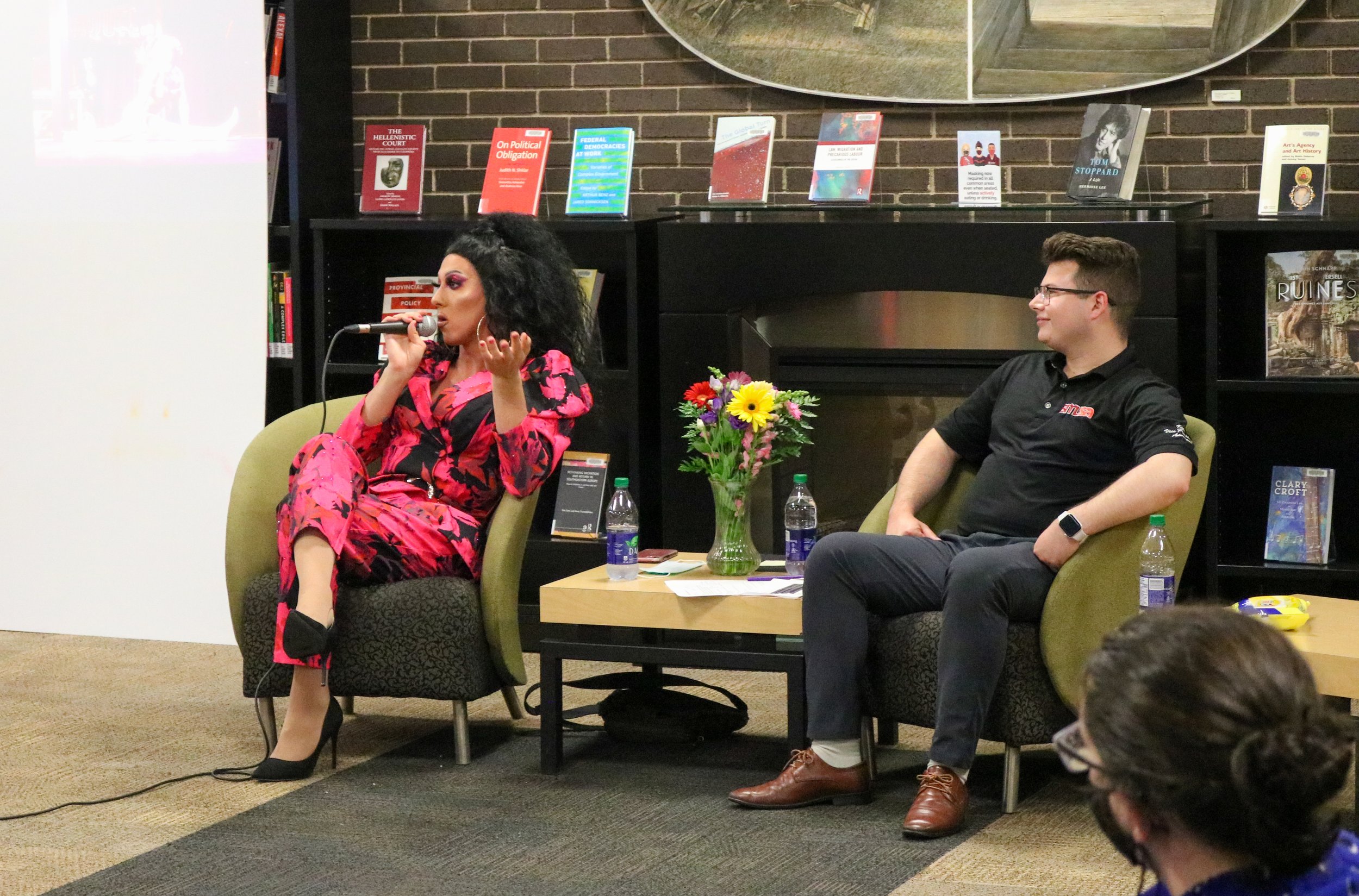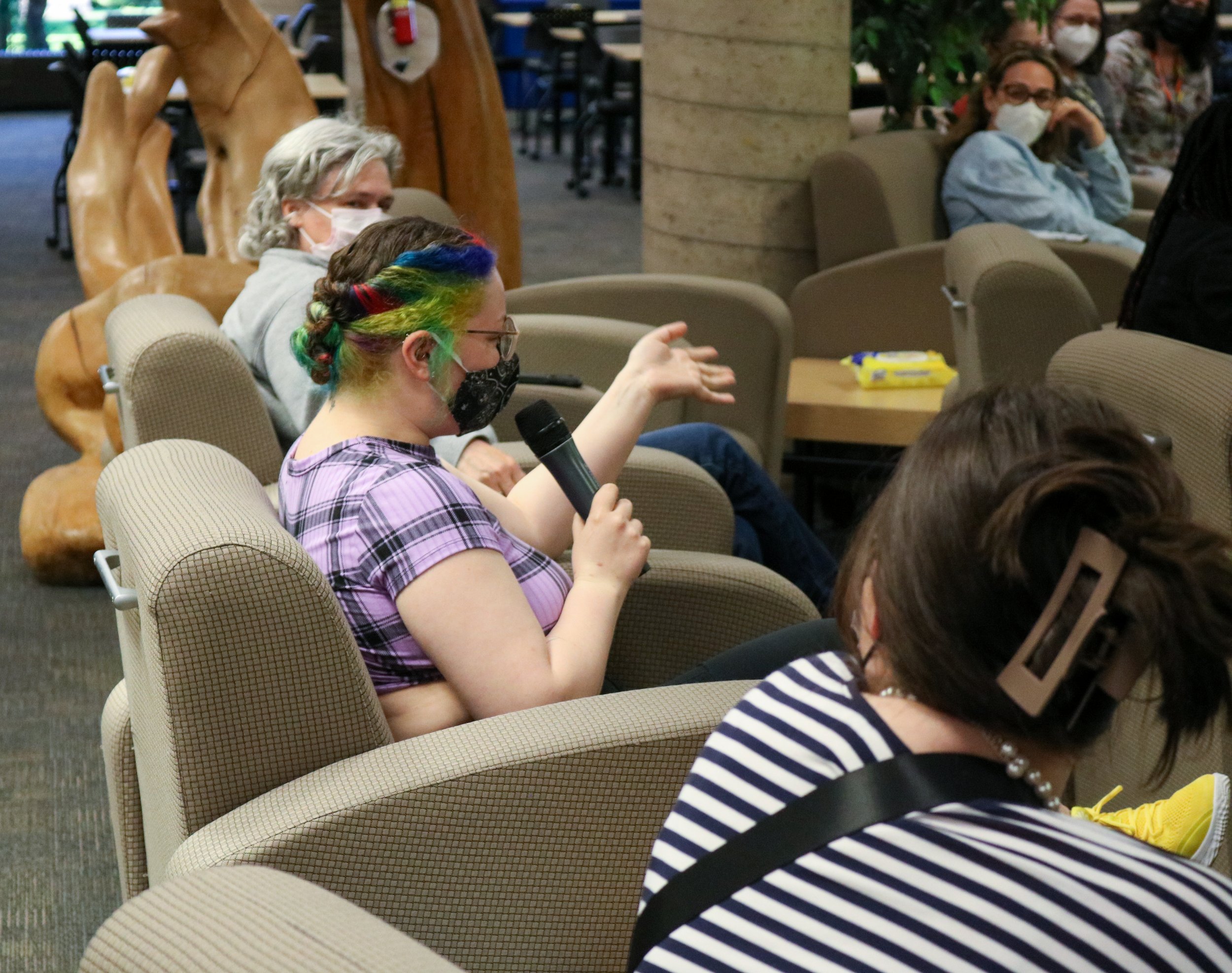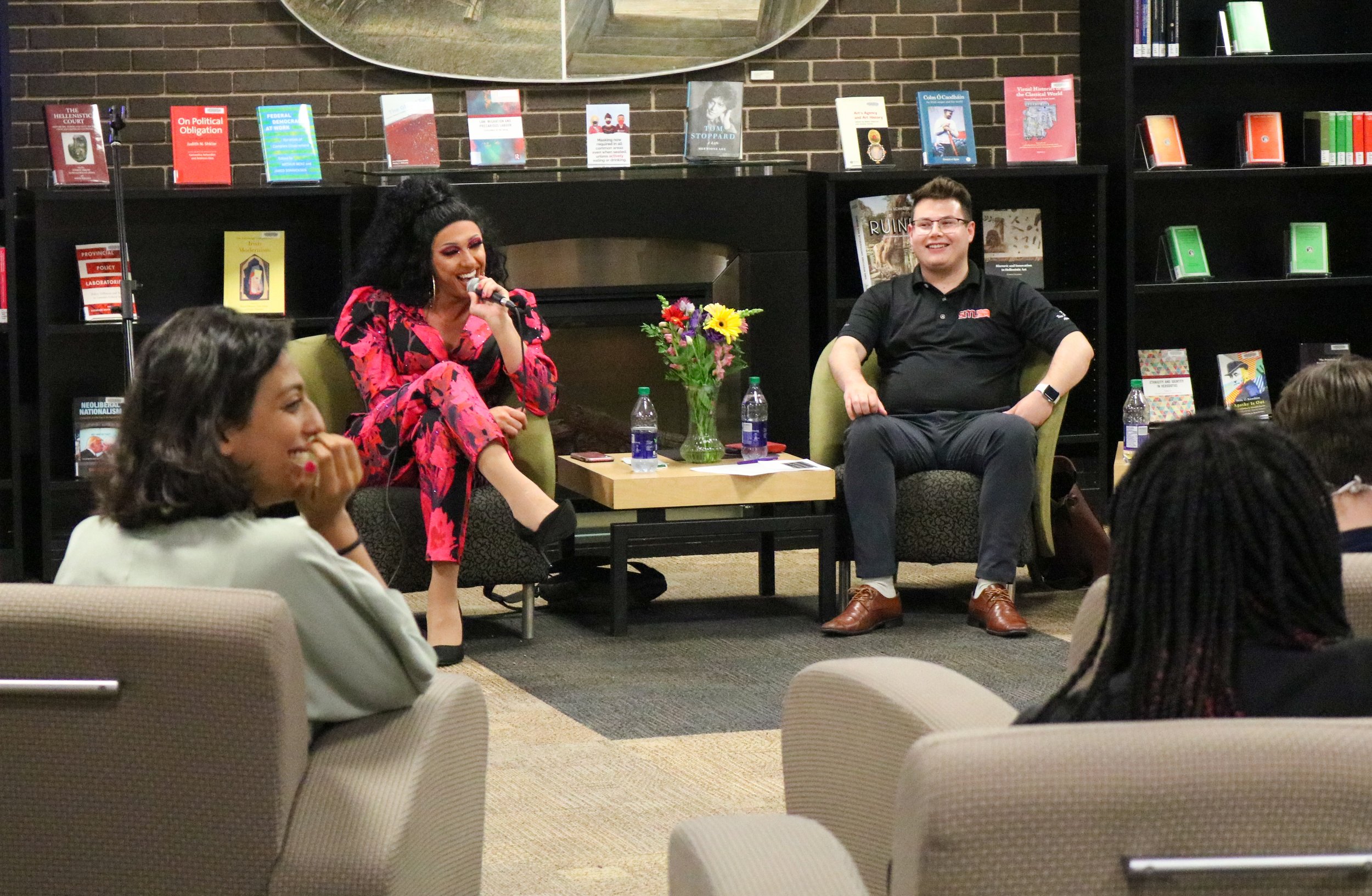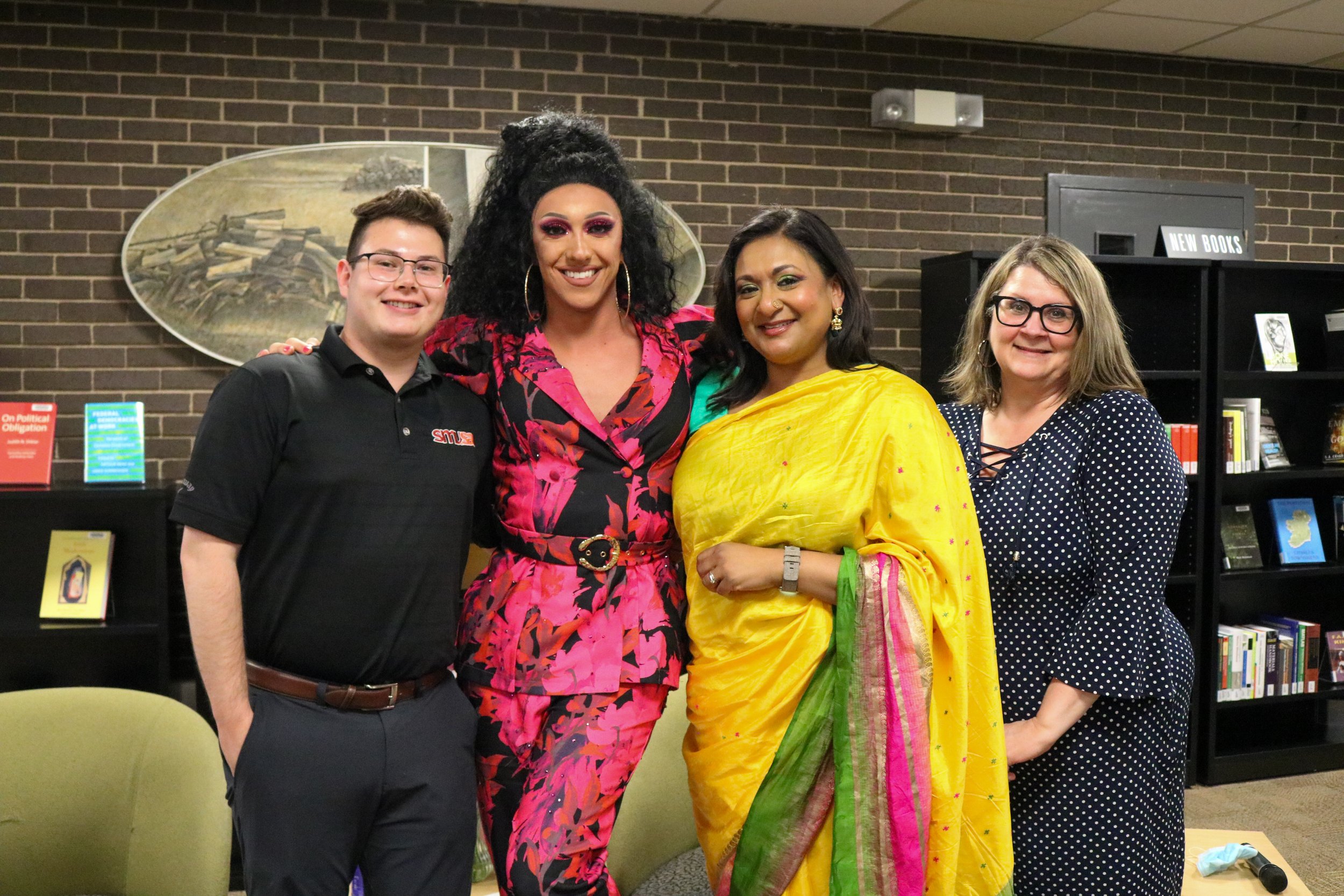As part of Saint Mary’s ongoing commitment to promoting a positive and supportive learning environment, the university has announced an updated and expanded Sexual Violence and Harassment Policy.
The policy replaces the previous Sexual Violence Policy and Procedures (2019) and introduces enhanced processes and new supports for the Saint Mary’s community, including the addition of a Sexual Violence Advisor that will be a key, confidential resource for faculty, staff and students.
The update is the result of months of research, analysis and consultation on the part of the Sexual Violence Policy Review Committee (formed in November 2021), a working group comprised of members from People and Culture, Student Affairs and Services, the University Secretariat, SMUSA and faculty with expertise in sexual violence policy.
“The enhanced policy is designed to support the entire campus community and is a key to continuing to promote a safe and supportive campus environment and culture for all,” says Tom Brophy, Associate Vice-President, Student Affairs and Services. “A safe learning environment is fundamental to our students’ success, which has always been a priority at Saint Mary’s.”
“We strive for Saint Mary’s to be a safe and respectful place to work and learn,” says Mark Moffett, Associate Vice-President, People and Culture. “This policy provides clear guidance and support and better reflects current understanding and best practices. Sexual violence and sexual harassment are not tolerated in any measure within the Saint Mary’s community.”
Cross-campus consultations were held with faculty, staff and students to gather input, and the enhanced policy reflects feedback to ensure it is survivor-centred, trauma-informed, culturally informed, intersectional and procedurally fair. As such, the committee’s updates include a focus on confidential disclosure, enhanced supports and formal reporting processes and procedures.
With a commitment to continuous improvement, the Sexual Violence Policy Review committee will convene every three years, or sooner as needed, to ensure the policy continues to evolve and reflect current understandings.
New support: Sexual Violence Advisor
Dee Dooley, Sexual Violence Advisor at Saint Mary’s University.
Included within the committee’s updates, the university has also developed provisions to enhance sexual violence supports at Saint Mary’s and has appointed Dee Dooley into the role of Sexual Violence Advisor.
Dee is a community advocate with expertise in gender-based violence prevention and education. She holds degrees in Sociology, Gender Studies and Criminology and an Advanced Diploma in Counselling and Advocacy. For over a decade, Dee has worked with youth, community organizations, service providers, post-secondary institutions, and governments on various gender-based violence prevention, intervention, awareness, and response initiatives for and with women, youth, and 2SLGBTQIA+ communities.
Dee supports survivors, education, policy, and research as they pertain to sexual violence and harassment at Saint Mary’s.
In the works
Saint Mary’s is pleased to share that further initiatives are underway in support of enhancing a community of support. The Sexual Violence Support team will be rolling out a series of information workshops available to faculty, staff and students to promote awareness and understanding around sexual violence and sexual harassment topics. Faculty and staff sessions will be launched in the coming months and group booking opportunities will also be made available.
Additionally, the Sexual Violence Support webpage is being updated to better support community needs and promote a refined user experience. Updates will include a simplified approach to accessing content and resources, and a modified visual experience that supports a survivor-centred lens.
For a more in-depth understanding of sexual violence supports, distinctions and rights, visit the Sexual Violence Supports web page.
FAQ
Who can access the Sexual Violence supports?
Resources and supports are available for all Saint Mary’s students, staff and faculty members. To access supports, visit https://www.smu.ca/svs/welcome.html or contact the Sexual Violence Advisor at sexualviolence@smu.ca.
What is the difference between a disclosure and a report?
As outlined in the Sexual Violence and Harassment policy, Saint Mary’s distinguishes between a disclosure and a report of sexual violence or harassment.
Disclosing and reporting are separate actions, at the discretion of the survivor, that result in various levels of response or action by the university.
Disclosure is the act of telling a member of the Saint Mary’s community about an experience of sexual violence or harassment for support and does not automatically initiate a formal investigation or response by Saint Mary’s University. Disclosing can help a person access support and information.
Reporting is the act of telling a designated member of the Saint Mary’s community (i.e. the Sexual Violence Advisor) to initiate an institutional response.
Do I need to make a report to access support?
You can access any resource without making a report and have the right to stop using the resource(s) at any point. The only exception to this is if you are under the age of 16 and are assaulted or under the age of 19 and the perpetrator is in a position of power, in which people are legally obligated to inform the police or Child Protection Services.
Is my information confidential?
Ensuring confidentiality is a key principle in creating an environment where people who have experienced sexual violence and harassment feel comfortable exploring their options and seeking support. Your information is confidential and protected by privacy legislation. There are some exceptions to confidentiality, including risk of imminent harm to you or the broader university community, a legal obligation to report due to age of the complainant, or a legal obligation to participate in a judicial process.
What is the informal resolution process?
To allow for increased survivor choice, an Informal Resolution process has been added to the Sexual Violence and Harassment Policy. The Informal Resolution process recognizes the need for an option for remedial, educational and restorative outcomes in cases of sexual violence or harassment. The Informal Resolution process requires the informed consent of both a survivor and a respondent.
What is the formal resolution process?
When a Formal Resolution process is implemented, an investigator will coordinate a trauma-informed and procedurally fair investigation by collecting information from all parties involved. The Investigator will provide a report and recommend a finding on if a Sexual Violence and Harassment Policy violation has occurred based on a balance of probabilities. The Responsible Authority will make a decision on outcomes based on the Investigator’s report.
Are there any key differences in the new Sexual Violence and Harassment Policy?
The Sexual Violence and Harassment Policy will replace the Policy on Conflict Resolution and the Prevention of Harassment and Discrimination in the University’s response to sexual harassment. Ensuring a comprehensive, stand-alone policy and associated regulations on sexual violence and harassment is a best practice.
Another important change: Due to inherent power dynamics and in the interest of maintaining integrity and respect in our working and learning environments, relationships between faculty and students, staff and students or two employees with a linear reporting relationship are prohibited.




